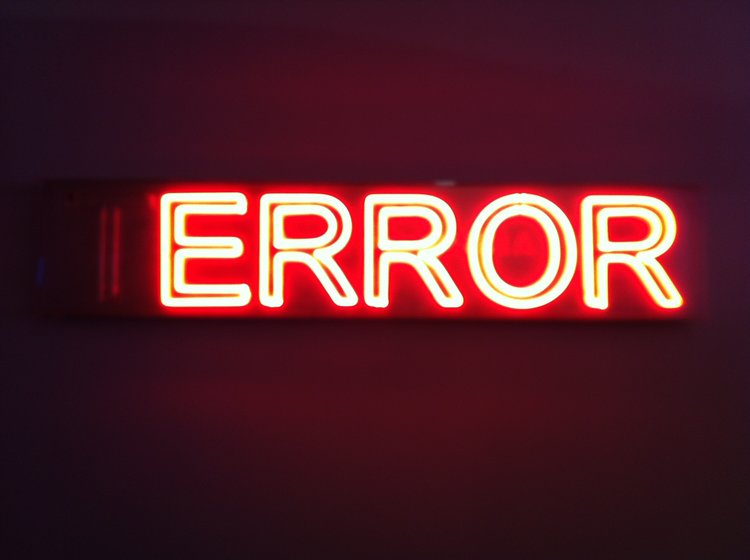Today I want to point out a mistake that plagues the behavioral science world.
Even well-known scientists make this error from time to time.
I’m speaking about the correlation = causation error.
Here’s an example of a popular & recent Daily Mail article that makes this mistake: Children who watch pornography at a young age are more likely to have sex earlier and adopt ‘unhealthy sexual habits’ later in life.
According to one of the main researchers quoted in the article, “‘Our study examined how exposure to sexually explicit material, defined as any media depicting uncensored sexual behaviour, can influence the adoption of sexually risky behaviour.”
Hmmm… interesting.
Here’s how they explored this issue. They asked “73 adults aged 18-25 from the UK … to answer an online questionnaire on their pornography-viewing habits and sexual behaviour.”
Based on the survey responses, they “showed that the age participants were when they first watched pornography predicted the likelihood to engage in sexual behaviour at a younger age.”
There’s only one problem with their claims.
They’re complete BS.
Why? Because surveys can’t determine causation.
They can help you see that two things go together (are correlated), but they can never establish causality.
To understand why, let’s think about this study for a minute.
In the study, the researchers asked these 18-25 year olds a bunch of questions about their sexual behavior, their erotic material consumption, etc.
As it turns out, those who look at sexually explicit material at a younger age tend to be sexually active at a younger age, and tend to be more sexually reckless later in life.
The researchers decided to interpret these results in a causal manner, saying that exposure to explicit material CAUSED early sexual behavior.
But can you think of an alternate way of explaining these results?
Could it be that those who mature earlier tend to look at porn AND have sex earlier?
That makes more sense to me. In other words, a third variable (rate of maturity) explains the variation in BOTH porn consumption and sexual behavior.
To actually determine whether or not exposure to sexual material causes earlier sexual activity, the experimenters would have to take two groups of similar individuals and expose half of them (the experimental group) to sexually explicit material at a young age. Then, if the individuals exposed to that material end up engaging in sexual activity at a much younger age, you could infer causality.
This, however, would be highly creepy and highly illegal.
Thus, I think that this is one of those questions we might never get a definitive answer on.
But weak correlational studies (like the one covered earlier) are used as evidence for far-reaching policy decisions. This is why it’s important that you bring a critical eye to everything you read. You need to constantly ask yourself: what is this study able to say? Is it able to prove causality?
Time after time, the answer is no… even if the researchers state otherwise.





